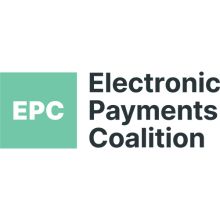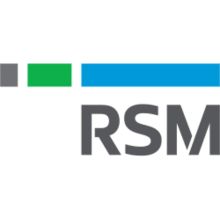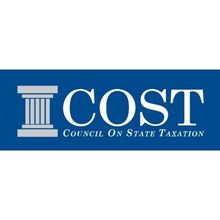Hybrid & Electric Vehicle Fees
States are still struggling to scrounge up the money to fully fund transportation infrastructure investment, which is why over half of the states have raised state fuel taxes since 2012. But most transportation policy experts and state lawmakers say that relying on gas tax revenues to fund infrastructure is not a long-term solution. Although gas taxes were once a reliable, efficient revenue source, they've stagnated and lost much of their effectiveness over the past few decades. Today, fixed per-gallon gas tax rates in most states are not indexed to inflation, and despite a recent uptick, states are still reluctant to raise unpopular gas taxes to full-funding levels (Congress hasn't raised the federal gas tax for nearly 25 years). With inflation deteriorating the purchasing power of gas tax revenues each year, other factors contributing to the gas tax's growing ineffectiveness include more fuel-efficient vehicles, thanks to federal Corporate Average Fuel Economy (CAFE) standards, and consumer demand for fuel efficiency putting pressure on manufacturers. Finally, although electric and hybrid cars still make up a small fraction of overall vehicles, they're growing in popularity. These vehicles pay little, if any, gas taxes, yet still cause the same wear and tear on the roads as similarly-sized gas-powered vehicles. State lawmakers see an opening with this last factor: Enacting special fees for electric and hybrid vehicles to pay their fair share to maintain and build state roads. Click on image to download a copy of the map. State Chambers are encouraged to use, share, and rebrand any of the materials COSC provides members. COSC staff are happy to work with you to update and edit any of our maps or other materials (email [email protected]) to meet your needs.
Research & ResourcesResearch
Journalism & Opinion
|















